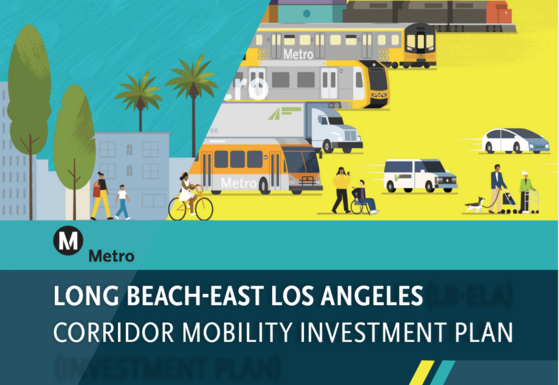Hahn Releases Statement on Multi-billion Dollar Long Beach-East LA Corridor Mobility Investment Plan
Hahn led calls to formulate plan after cancellation of 710 expansion in 2022
Los Angeles, CA — Today, LA Metro released its draft “Long Beach-East Los Angeles Corridor” Investment Plan, which is the result of over two years of work by dozens of organizations and stakeholders who live and work along the 710 South freeway corridor.
Supervisor Janice Hahn, who represents nearly the entire 710 South freeway and has brought forward several actions at the Metro Board to address the future of this project, released the following statement.
“The 710 freeway is a vital artery for the communities it runs through, but it has not always been the best neighbor. Two years ago when the freeway expansion project was canceled, I seized the opportunity to direct the funds to not only improve the freeway for drivers, but invest in improvements in the communities who for so long have dealt with poor air quality, poor transit, and congested streets.
Today we welcome a new chapter for the 710 and for these communities. The billions of dollars that this plan will invest in the area will not only make freeway improvements to address safety and congestion, but will also go toward repairing local streets, cleaning the air, adding shade, and improving transit for the more than 1 million people who live and work in communities along the 710 South freeway.
I want to thank all the task force and community leadership committee for their hard work to create a plan that will bring needed improvements to this critical transportation infrastructure while also giving back to the people who call this area home.”
Metro will host four virtual meetings and four in-person meetings, so that members of the community can learn more about the plan and give their feedback. The plan is the result of a 2.5-year effort by Metro staff and the Long Beach-East LA Corridor Task Force, which has been meeting monthly during that time, along with a Community Leadership Committee and several working groups. Task Force members have included the goods movement industry, the Ports, railroads, community-based organizations, labor, and city representatives as well as Metro Board members.


